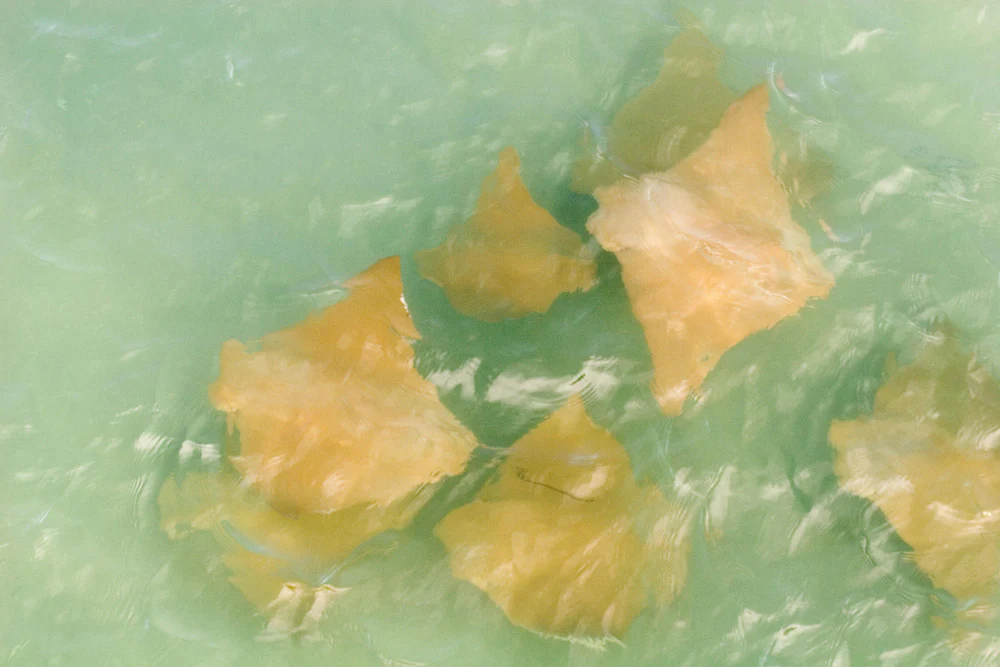In a stunning deep-sea discovery, researchers have found approximately 2.6 million golden eggs near an underwater volcano off Canada’s Pacific coast. These mysterious orbs, located on the ocean floor at depths exceeding 2,000 meters, are reshaping what we know about marine biology and life in extreme environments.
The eggs were discovered during an expedition using a remotely operated vehicle (ROV) near a hydrothermal vent system off British Columbia. These underwater volcanoes, often teeming with unusual life forms, are known for extreme pressure, scorching temperatures, and total darkness—conditions inhospitable to most known species. And yet, there they were: millions of shimmering, golden-hued eggs.
What Are These “Golden Eggs”?
Despite their name, the “golden eggs” aren’t actually made of gold. The term refers to their distinct appearance—small, glistening spheres with a soft, gelatinous shell and a metallic shine under artificial light. Scientists believe these eggs are biological, most likely laid by a species yet to be identified.
Initial analysis suggests they could belong to deep-sea invertebrates such as mollusks or annelids, though more research is needed. What makes this finding especially intriguing is the sheer number—2.6 million eggs in a concentrated area—hinting at a large reproductive event or a possible spawning ground.
Why This Discovery Matters
The find offers rare insight into how marine life adapts and reproduces in such hostile environments. Deep-sea ecosystems like hydrothermal vents are still largely unexplored, with every expedition turning up new mysteries. The discovery of 2.6 million golden eggs near an underwater volcano off Canada opens up a wealth of questions:
- What species laid them?
- How do these organisms survive the toxic, high-temperature conditions?
- What role do these volcanic environments play in deep-sea reproduction?
These questions aren’t just academic—they help scientists understand biodiversity, evolution, and even how life might exist on other planets with similar extreme conditions.
The Bigger Picture
Underwater volcanoes are among Earth’s least explored regions, yet they may hold the keys to understanding both our planet’s origins and its future. The discovery of 2.6 million golden eggs near one such volcano is more than just a curiosity—it’s a clue in a much larger puzzle.
As researchers continue to study these deep-sea nurseries, the golden eggs remind us how much of our world remains hidden beneath the waves.



